Swiss press celebrates World Cup final
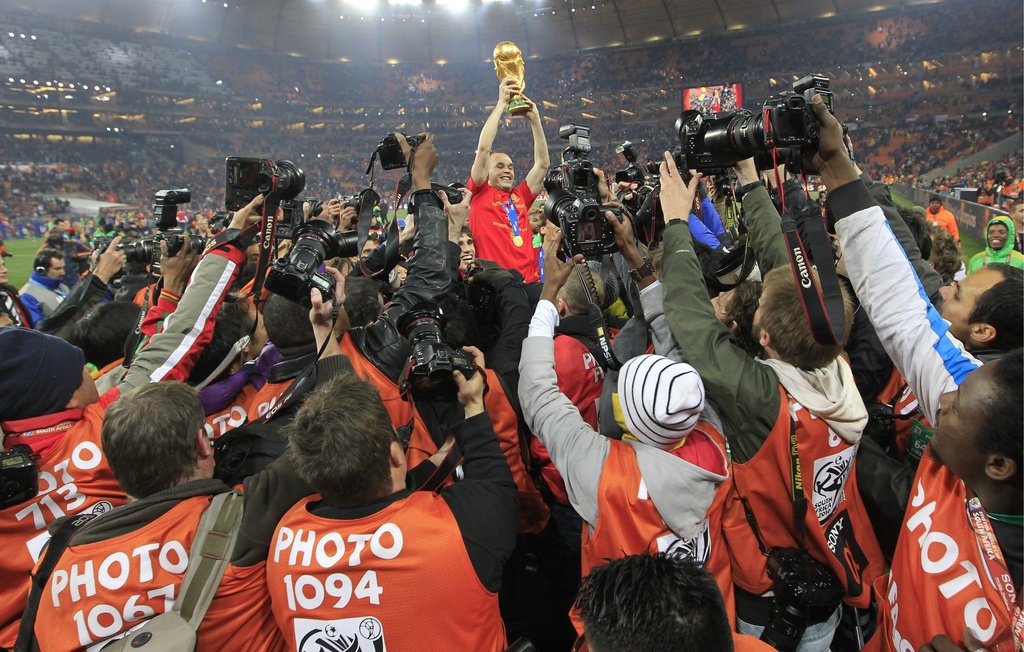
While Mondays often mean skinny newspapers, Sunday’s World Cup football final between Spain and the Netherlands has given the Swiss press plenty to talk about.
Switzerland’s newspapers also offered a colourful look back at the past month in host country South Africa, the so-called Rainbow Nation.
The match was front page news for most papers, with splashes of multi-page coverage tucked into the sport sections.
Viva Espana!
The Swiss media smiled benevolently on Spain’s success, with enthusiastic headlines like Blick’s “Viva Espana” and “Fiesta Iniesta”, which credited Spanish goal-scorer Andres Iniesta.
There was also space for Switzerland to get some credit. As the German language tabloid Blick pointed out, Switzerland – though eliminated after just three games – came out as a winner, too. Its unofficial title? “World Champion beater!” Over the course of the World Cup, only the Swiss team managed to conquer Spain.
“The Crowning of the Best” was the headline for the German language Tages-Anzeiger’s full-page image of the Spanish team and Fifa President Sepp Blatter being showered with golden confetti.
However, the paper criticised Spain’s performance against the Dutch on Sunday. It remarked that although Spain had had possession of the ball 57 per cent of the time, the team had failed to play with tempo and conviction.
There was ample criticism for the Netherlands, too. The online version of the French language Le Temps had harsh words for the Dutch: “an opponent which refused to play”. They simply used blocking tactics, the paper wrote, accusing them of ruining the match with their aggressive style.
The Fribourg-based La Liberté was also not impressed by the losers: “[The Dutch] came up against an obvious fact: they were less good than the European champions.”
An editorial in the Neue Zürcher Zeitung described it as a final “without sparkle” but wrote that Spain was the rightful winner. It said that while the Spanish game had been praised for years, it took 44 years for them to win the European title [in 2008], and that now with the World Cup title they had “ended an eternity”.
One cup, two winners
In its reflection on the finals in general, the NZZ lamented for the German team – the “secret World Champion favourite”. It noted that with its total of 16 goals, third-place Germany had actually done better than Spain, which scored eight goals altogether.
“Old school but little class” was how Blick’s sport editor summed up the 2010 World Cup in general.
He wrote that many players on the English, French and Italian teams seemed unmotivated in South Africa and that “many average players suddenly stood out while the superstars disappointed.”
The Blick editorial went on to say that “with the exception of Ghana, the performances of the African teams were weak and chaotic”.
But the Tribune de Genève took a more positive view of the event; its editorial was headed: “One cup, two winners”.
“Roll the drums, sound the vuvuzelas! European football, which people said was losing steam and identity, has lifted its head high again.”
The other winner is South Africa, and the African continent as a whole, wrote the Tribune de Genève. It praised Fifa for its choice, running in the face of western prejudices.
An editorial in Le Temps seconded that sentiment, noting that “The Rainbow Nation, in no way destabilised by the black clouds which a lot of pens had drawn over its head in the run-up to the event, met the challenge brilliantly.” But it regretted the somewhat sterile atmosphere and lack of oomph.
“In the bubble created by the organisers, there was not a single hitch, not the least touch of excitement.”
And Le Temps reminded readers that the real challenges for South African society have not gone away.
Last loving look
Painted faces, wild wigs, vuvuzelas and a bare Dutch bottom – fun photos were a mainstay of papers like Blick and the free German language daily 20 Minuten. And who could forget Paul the octopus, who somehow managed to predict that Spain would win?
Despite the month of excitement, it seems that many people in Switzerland have had their fill of the World Cup.
In an online survey by Blick newspaper, 31 per cent of readers said they were “sad” that the World Cup was over because it had been a “cool party”. The other 69 per cent said they were happy that things would finally go “back to normal”.
For die-hard fans, Blick pointed out that it will be 1,432 days until the 2014 Football World Cup in Brazil.
Susan Vogel-Misicka and Julia Slater, swissinfo.ch
Spain: Iker Casillas, Sergio Ramos, Carles Puyol, Gerard Pique, Joan Capdevila, Sergio Busquets, Xabi Alonso (Cesc Fabregas, 87), Xavi Hernandez, Andres Iniesta, Pedro Rodriguez (Jesus Navas, 60), David Villa (Fernando Torres, 106).
Netherlands: Maarten Stekelenburg, Gregory van der Wiel, John Heitinga, Joris Mathijsen, Giovanni van Bronckhorst (Edson Braafheid, 105), Mark van Bommel, Nigel de Jong (Rafael van der Vaart, 99), Dirk Kuyt (Eljero Elia, 71), Wesley Sneijder, Arjen Robben, Robin van Persie.

In compliance with the JTI standards
More: SWI swissinfo.ch certified by the Journalism Trust Initiative
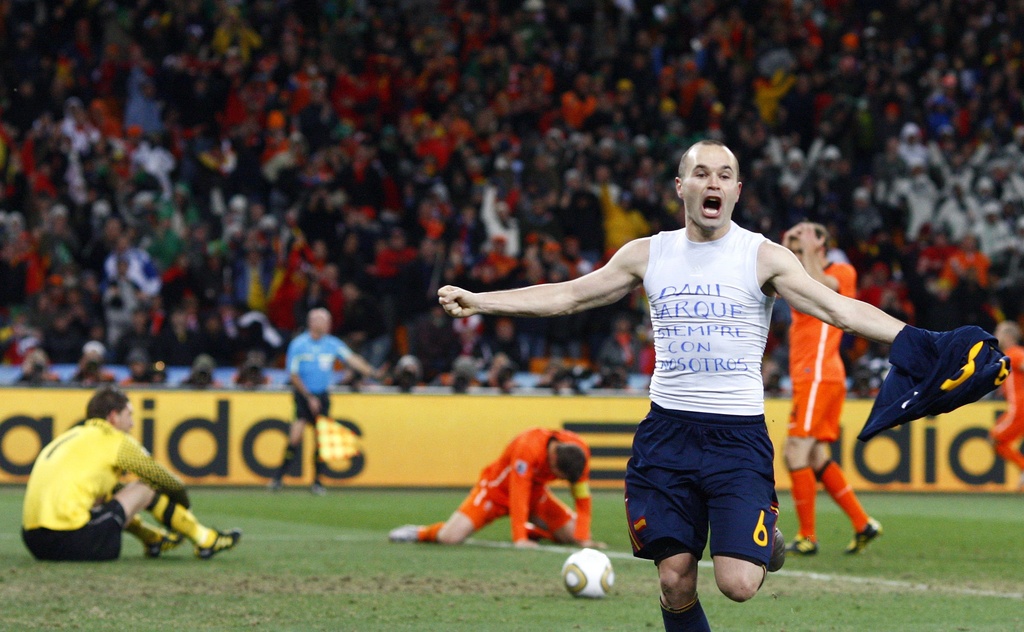
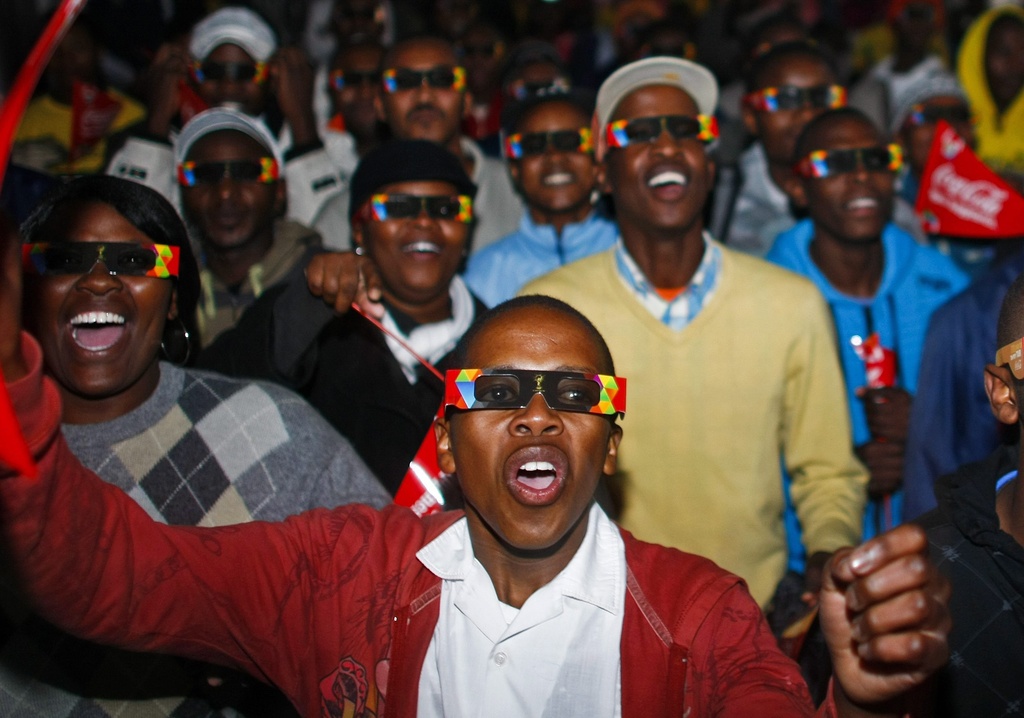
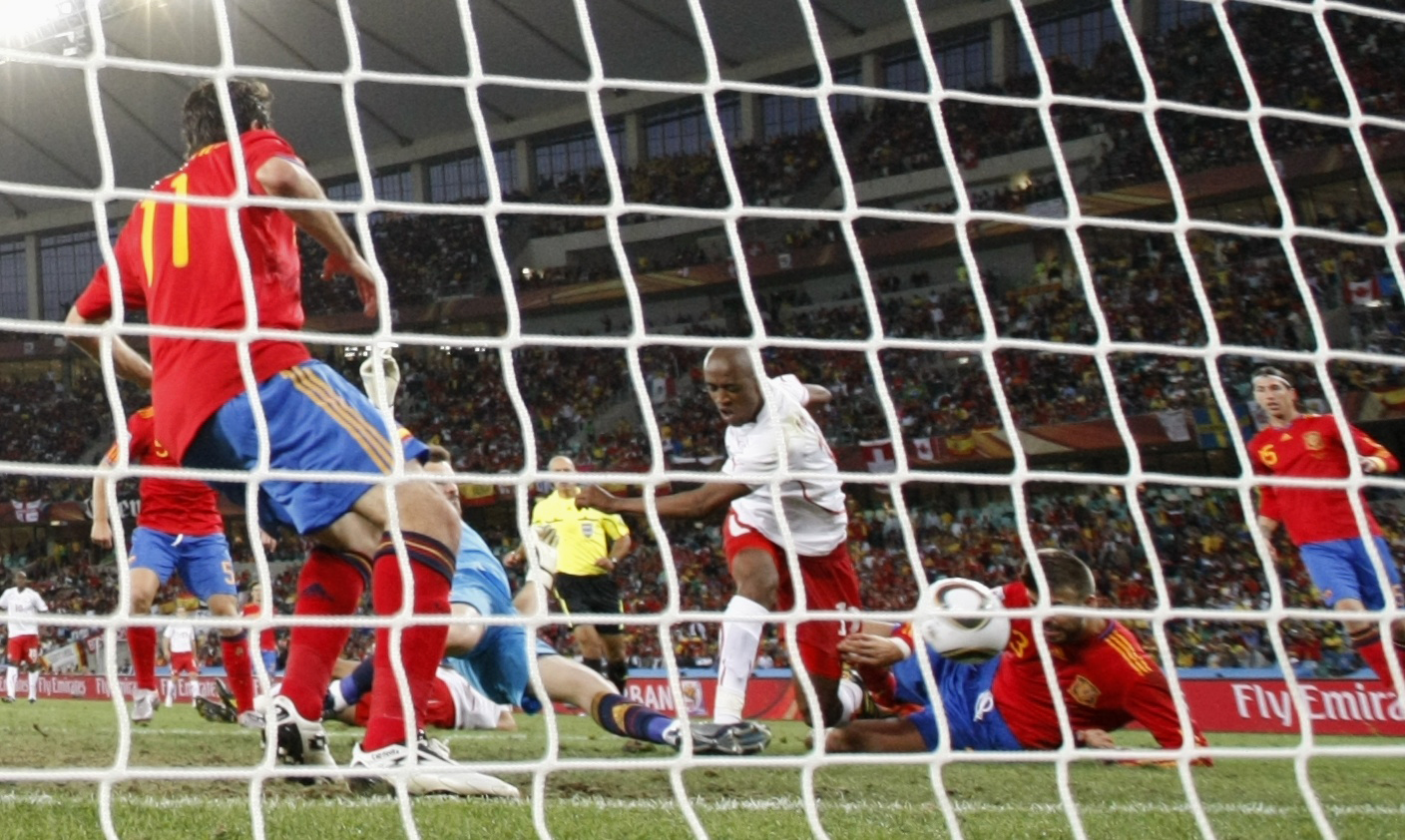
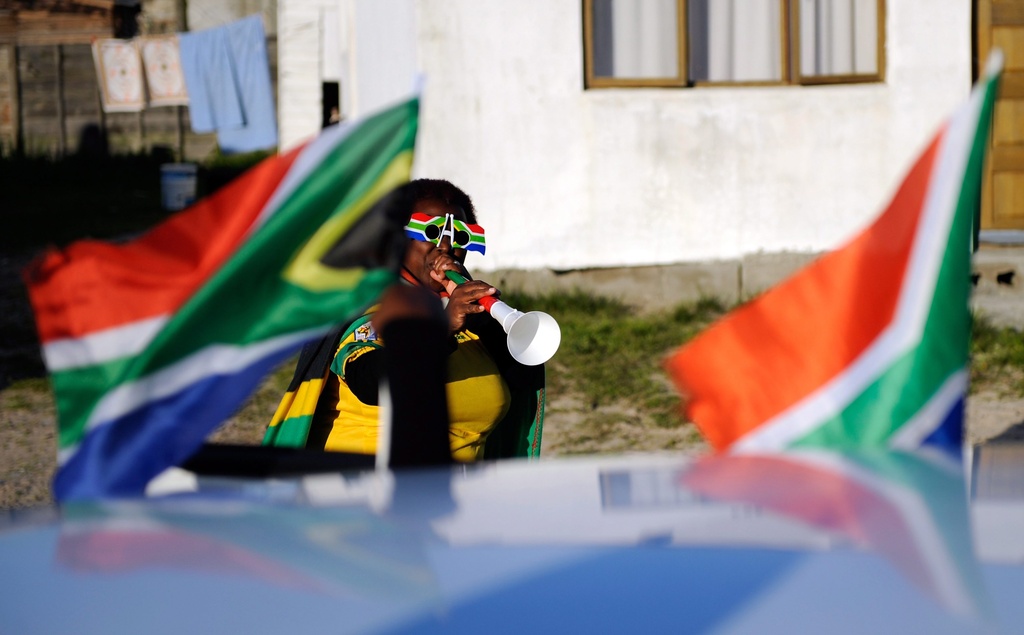
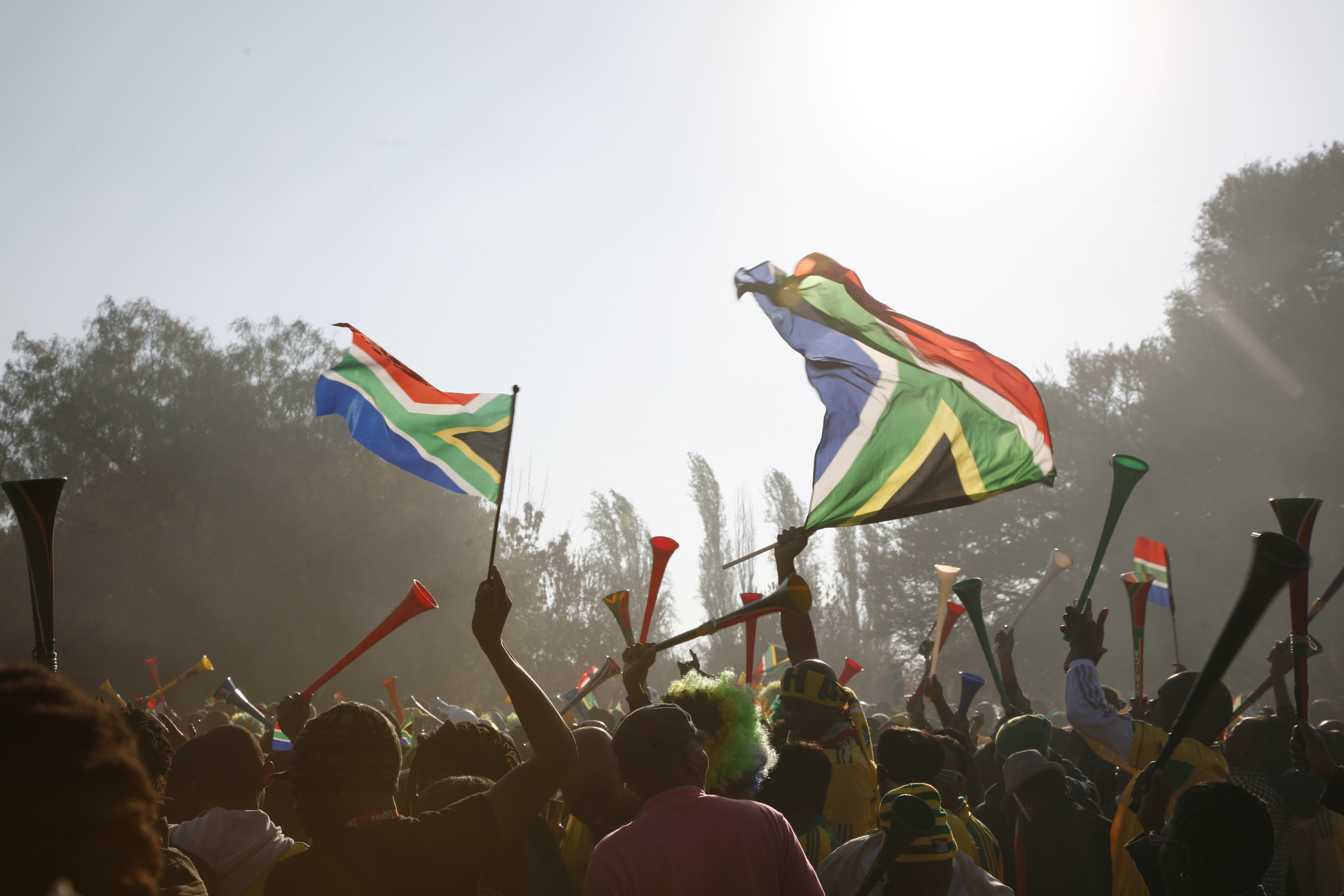
You can find an overview of ongoing debates with our journalists here. Please join us!
If you want to start a conversation about a topic raised in this article or want to report factual errors, email us at english@swissinfo.ch.